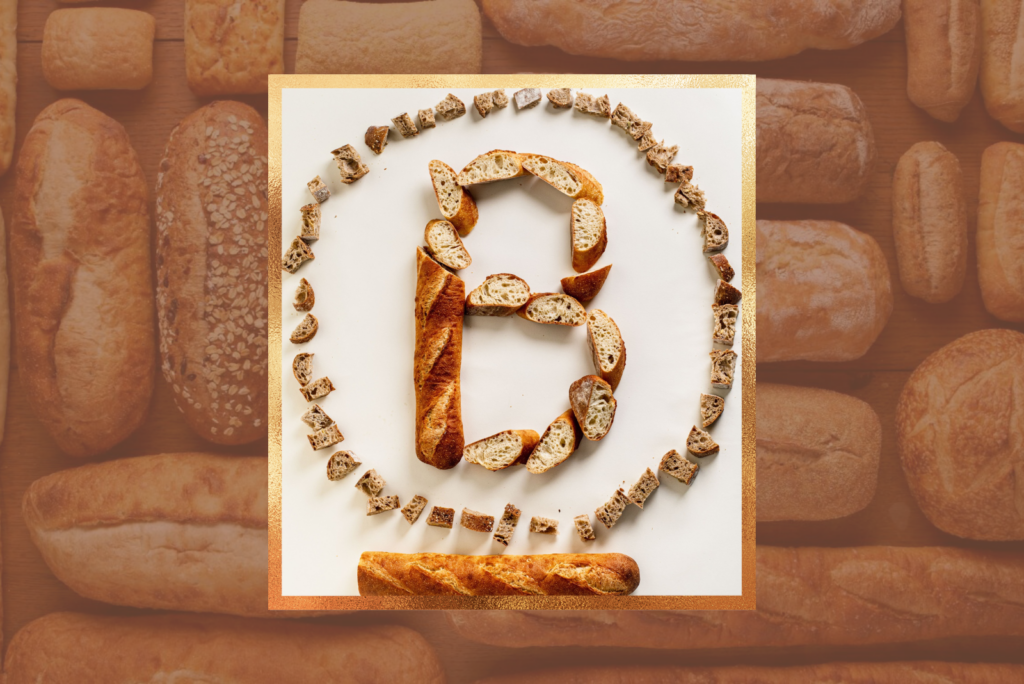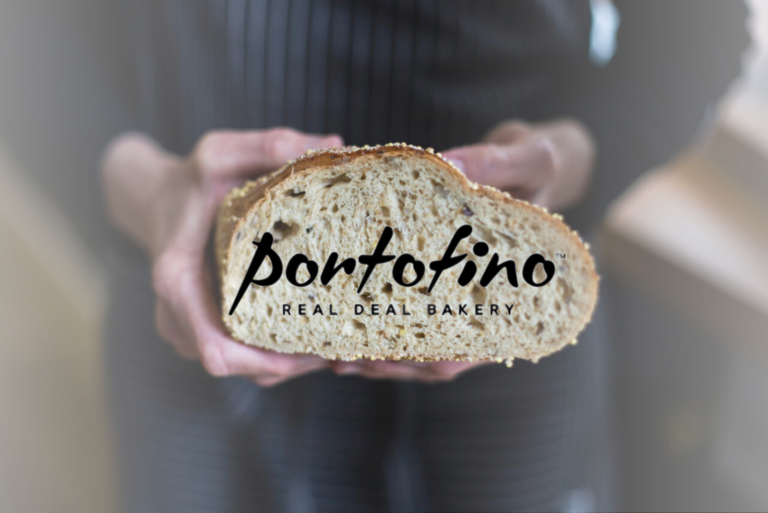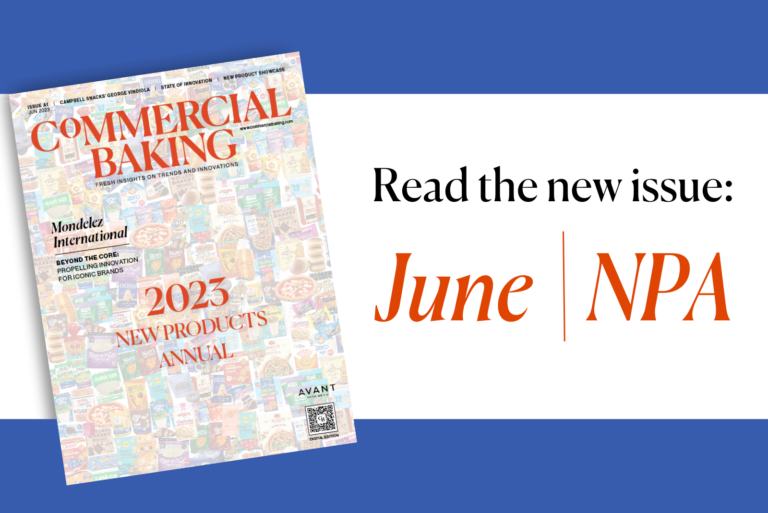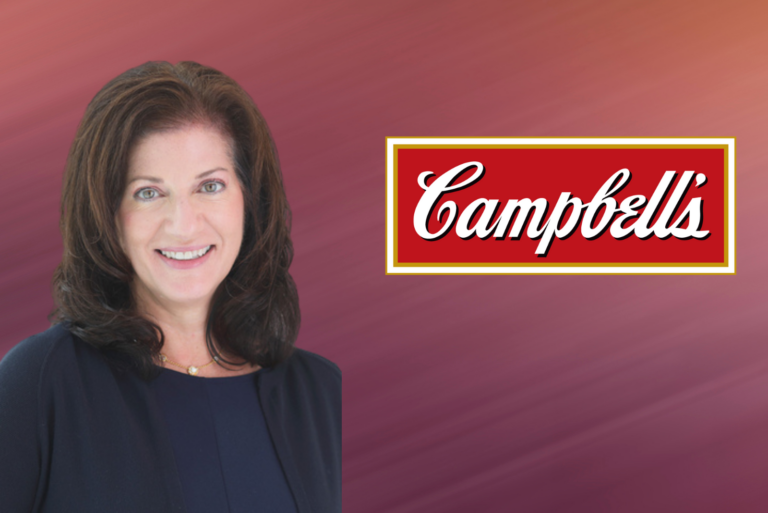NEW YORK — Mention the word “innovation” in a room full of bakers, and chances are the ensuing conversations will center on product development, the latest equipment or ingredient technology, and speed to market … it’s almost always production-focused.
Yet, with people paying closer attention to how companies show up in their local communities and the world — namely with their efforts to affect environmental, social and economic change — the scope of innovation is expanding beyond the production floor to include every corner of the business.
Research has indicated that consumers, especially millennials and Gen Zers, are willing to spend more money with purpose-driven companies. In fact, a survey conducted by consultancy Cubist Martini in partnership with the creative agency McKinney, revealed that 65% of Gen Zers say they will pay an average of 48% more for products from a purpose-driven brand.
While most companies have developed purpose-driven operations, it may no longer be enough to talk the talk. Increasingly, companies are expected to walk the walk and balance profit with purpose.











